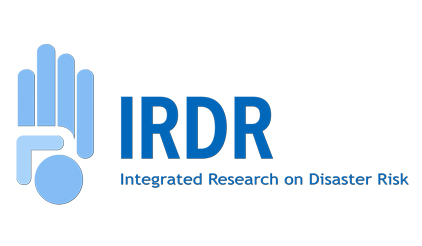
IRDR seeks Executive Director
The International Council for Science (ICSU), the International Social Science Council (ISSC) and the UN International Strategy for Disaster Reduction (UN-ISDR) invite applications for the post of Executive Director of the Integrated Research on Disaster Risk (IRDR) programme, which will be vacant on 01 June 2016. The deadline for applications is 18 March 2016, midnight Paris time (CET).
The IRDR programme is founded on the recognition that disaster prevention and mitigation are critical dimensions of the global poverty reduction agenda and efforts to adapt to climate change, and should be an integral part of all international and national development efforts.
The Executive Director heads the IRDR global programme and is supported by a small International Programme Office (IPO) being hosted by the Institute of Remote Sensing and Digital Earth (RADI) of the Chinese Academy of Sciences in Beijing, China, with core funding from the China Association for Science and Technology (CAST). RADI is a major research institute with wide experience and expertise in remote sensing, data collection and modelling, located on the edge of Beijing. The Executive Director will be a full-time employee of RADI.
The IPO meets the management needs of the IRDR programme, supporting the work of the international Scientific Committee responsible for the overall scientific planning, as well as IRDR’s growing network of national committees, regional committees and international centres of excellence around the world.
The Executive Director of IRDR is expected to:
For more information, Click here to download PDF.
Archives
Latest Vids
sdfg sdfg sdf


